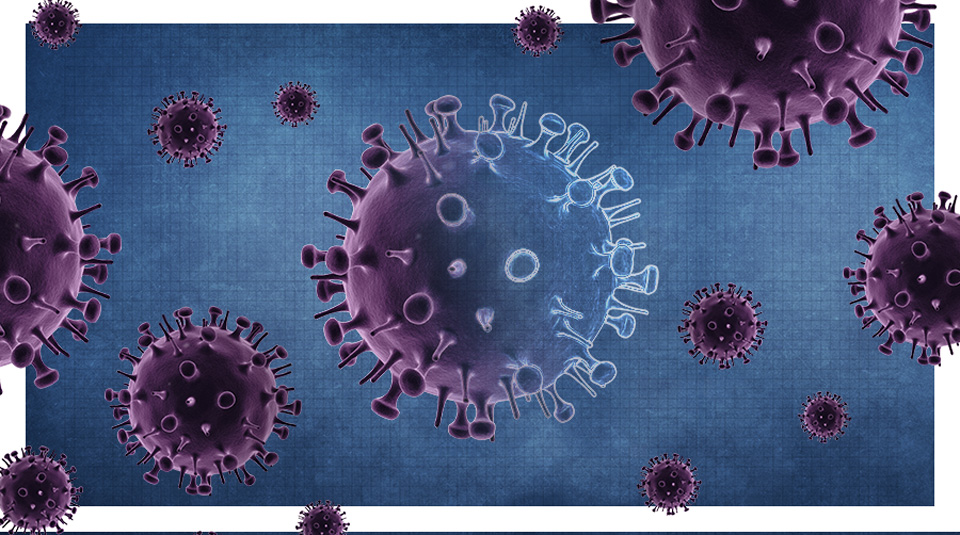
Fight or Flight?
Summer may already feel like a distant memory, but British Summer Time (BST) lags a little behind finishing on the last Sunday of October. With its end comes darker evenings and, given the time of year, a chill to the air – as well as colds and often flu.
The latter is estimated by the World Health Organisation to cause up to five million cases of severe illness around the world and up to half a million deaths. And while the pandemics that historically killed millions have been kept at bay in recent decades, they have done so in large part due to the rapid development of vaccines as new strains of flu emerge.
Flu vaccines are built by combining the most prevalent viruses seen over the six cooler months in the opposing hemisphere of the world. From manufacture to distribution, as a result, the process is highly time-sensitive, with the vaccines needing to race the flu to the cooling hemisphere on the other side of the world.
For the pharmaceutical industry the transport sector therefore plays a crucial role in helping to fight the illness. And as the evenings get darker in the northern hemisphere, it’s critical that flu vaccines are stocked up to limit the impact of the next strain.
A SENSITIVE PRODUCT
How does it all work? Flu vaccines include inactive viruses which allow the body’s immune system to make antibodies to attack the virus. Due to their biological nature, flu vaccines are highly sensitive to time, temperature and humidity and have a shorter shelf life than chemical pharmaceutical products, so temperature controlled specialist air freight is crucial in helping to maintain their potency, purity and stability for full therapeutic effect.
Standards such as Good Distribution Practice (GDP) ensure that only carriers with the right expertise and infrastructure are able to support pharmaceuticals shipments, particularly those in the temperature-sensitive category, such as flu vaccines.
These need to have at their disposal carriers with specialist refrigerated holding bays on the ground and temperature-controlled containers in the air. Next-generation aircraft such as the B787 and A380 have hold air conditioning, which means the air cargo carriers with them in their fleets can set hold temperatures to within 1° accuracy.
So while the onset of sniffles at the end of BST might mean just a woolly jumper and a few days off work for some, those of us in the air cargo business remain acutely aware that influenza has the potential to spread rapidly and put lives at risk.
Consultas de prensa
Para consultas de prensa, contacte con la oficina de prensa de IAG Cargo: